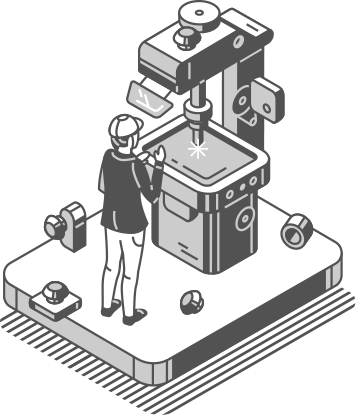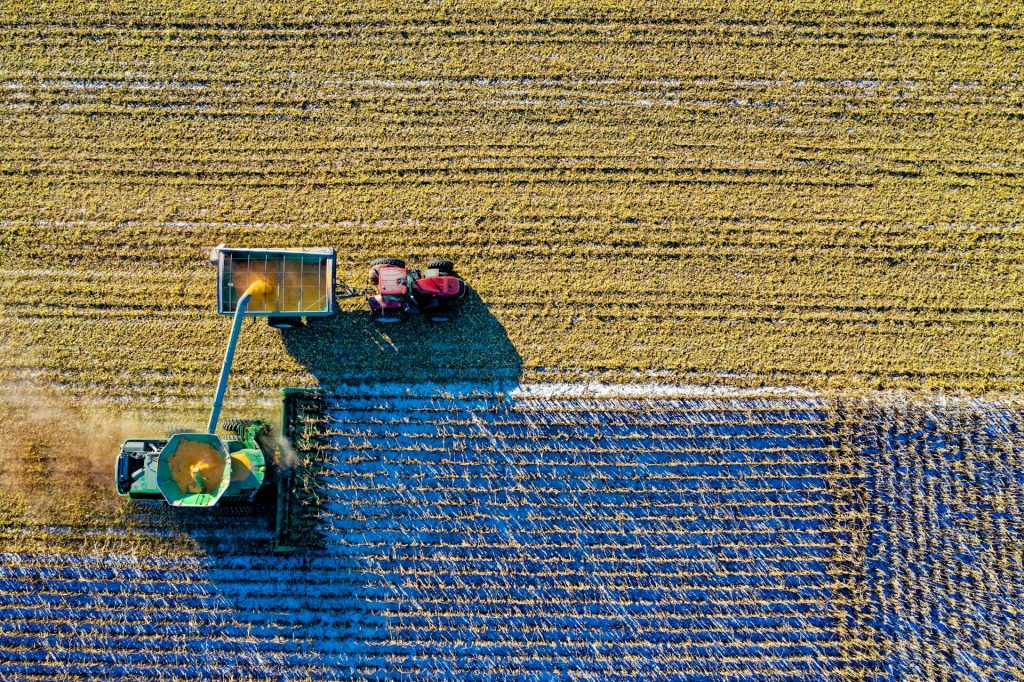- The agri-food industry in Navarra, with more than 1,300 companies generating approximately 25,000 jobs and an annual turnover of some 4,000 million euros, relies on an extensive network of technology centers, research institutes, clusters, universities and public-private partnerships for the development of its R&D programs.
- Health and sustainability are the main areas of opportunity for the Navarre sector in the field of innovation. Other lines of research being worked on are linked to new production technologies and the development of raw materials, environmentally optimized processes, and waste recovery, as well as the implementation of continuous improvement systems.
The community leads, through CNTA, the Spain Food Valley project, which has already received 12.9 million euros from the agri-food PERTE to implement new developments and solutions in Artificial Intelligence, NIR and hyperspectral image analysis, digitalization, and food safety, among others.
Navarra, with an area of just 10,391 square kilometers, has the two largest producers of frozen vegetables in Spain (Ultracongelados Virto and Congelados de Navarra), the main agri-food cooperative in the country (Grupo AN); or the national leader in the production of canned vegetables (Grupo IAN). It also owns the main company of salads and fresh vegetables at national level (Florette); and the manufacturer of artificial casings for meat products (Viscofan), whose sales reach a hundred countries all over the world. In addition to all the above, there is a huge foreign investment in the territory, represented by important references such as General Mills, Mondelez, Gelagri or Agrozumos.
The agri-food industry is one of Navarra’s main ambassadors. Beyond the well-deserved fame represented by top quality products such as asparagus, artichokes or piquillo peppers, this productive sector has more than 1,300 companies that generate approximately 25,000 jobs and an annual turnover of 4,000 million euros. Its companies, moreover, not only represent 3% of the Gross Value Added (GVA) of the region, but also have a strong international presence, since they export to 50 countries in the five continents. And their contribution to Navarre’s GDP exceeds 14 %, well above the national average of 10 %.
“We are a tool that wants to bring the greatest value to the industry, to inspire it and to increase the existing knowledge transfer rates.”

HÉCTOR BARBARÍN
General manager at CNTA
Context of maximum competitiveness
In view of these figures, the present is more than guaranteed. In addition, in the present context of maximum competitiveness and constant change, this industry is supported by an extensive knowledge support network made up of technology centers, research institutes, clusters, universities and public-private partnerships for the development of its R&D programs.
One such player is the CNTA (National Center for Food Technology and Safety), located in San Adrian. “So far we have played a key role in the dynamization of knowledge and our purpose is to increase that relevance from now on,” confirms its general manager, Héctor Barbarin.
Specifically, CNTA currently provides analysis, consulting and specialized training services. At the same time, it works closely with companies and public bodies to promote safe and sustainable food practices. And, above all, it leads the Spain Food Valley project, which has already received 12.9 million euros from the agri-food PERTE to implement new developments and solutions in Artificial Intelligence, NIR and hyperspective image analysis, digitalization and food safety, among others. “We are a tool that wants to bring the greatest value to the industry, serve as an inspiration to it as well as increase the rates of knowledge transfer that exist,” adds its CEO.
Opportunity areas for companies
Navarra is witnessing an unprecedented transformation, driven by innovation, science, technology and knowledge. In this scenario, experts agree that the main areas of opportunity for Navarra’s agri-food sector are linked to health and sustainability.
Being a reference in healthy and sustainable food will mean, therefore, the unavoidable development of quality products, nutritionally balanced, and betting on new vegetable and alternative proteins. To achieve this, the region will have to combine innovation in sustainability, health and wellness, as well as practicality, in order to differentiate itself in the market.
Collaboration between all the agents in the sector will be crucial, especially with a focus on an increasingly informed and demanding consumer. Here, companies in Navarra have demonstrated resilience and investment in innovation and technology, which has strengthened them even in times of crisis.
An example of this is the work carried out by Florette, as highlighted by its head of the R&D Department, Miren Beunza: “In recent years, innovation is playing a key role in the agri-food sector as it is enabling companies to achieve better results and be more efficient”. “In our case, it has become a key strategic axis, since we apply it to our entire value chain, from the field to the final product,” she adds.
In this research, development and innovation work, the Milagro-based company is not alone. “Collaboration with companies, clusters and technology and research centers is key to the development of our R&D”, acknowledges its top manager, who also adds as other factors that add to this strategy “the development of technology, the strength of the market and the strategic location, as well as human capital”.
Leading knowledge agents
Apart from this technology center, the agri-food knowledge network also includes other important agents such as, for example, the Navarre Institute of Agri-food Technologies and Infrastructures (INTIA) and its infrastructure specialized in two main areas: EVENA (Viticulture and Oenology Station of Navarra)) for research, experimentation and dissemination of advanced techniques in the cultivation of vines; and the Lactological Institute, which provides a comprehensive service to dairy and livestock companies in sustainable, healthy and high quality production.
Moreover, the Institute of Food Sciences of the University of Navarra makes use of its extensive experience in pharmaceutical development to promote research in nutrition. This multidisciplinary platform covers the entire process necessary for the development of nutraceutical and functional foods. The Institute of Agrobiotechnology (IdAB-CSIC), jointly owned by the Public University of Navarra (UPNA), the Spanish National Research Council (CSIC) and the Government of Navarra, specializes in various areas of biomedical research.
In the same line is the institute of basic and applied research of the Public University of Navarra IS-FOOD. Its lines of research focus on three main areas (the challenges of human nutrition in the 21st century, the promotion of sustainable production together with the improvement of food quality, as well as innovation in the agri-food sector); and five main areas: soil, water and input management; primary production; food innovation; food consumption, nutrition and health; and business management.
The network is completed, on the one hand, with the innovation accelerator Orizont; and NAGRIFOOD, Agri-Food Cluster of Navarra. The latter, made up of a hundred associates, aims to align the agri-food industry with European innovation and sustainability policies, as well as to detect business and development opportunities that benefit the value chain (producers, industry and distribution) present in the region.
“COLLABORATION WITH COMPANIES, CLUSTERS, TECHNOLOGY AND RESEARCH CENTERS IS KEY TO THE DEVELOPMENT OF OUR R&D. OTHER FACTORS THAT ALSO ADD TO THIS STRATEGY ARE TECHNOLOGY DEVELOPMENT, MARKET STRENGTH, STRATEGIC LOCATION AND HUMAN CAPITAL.”.





